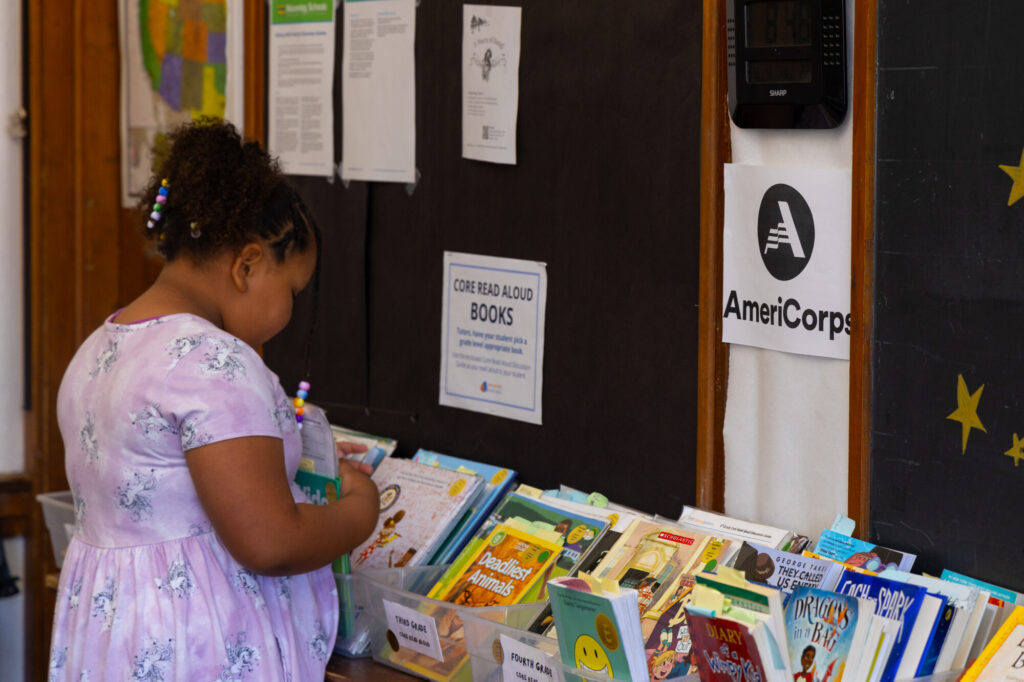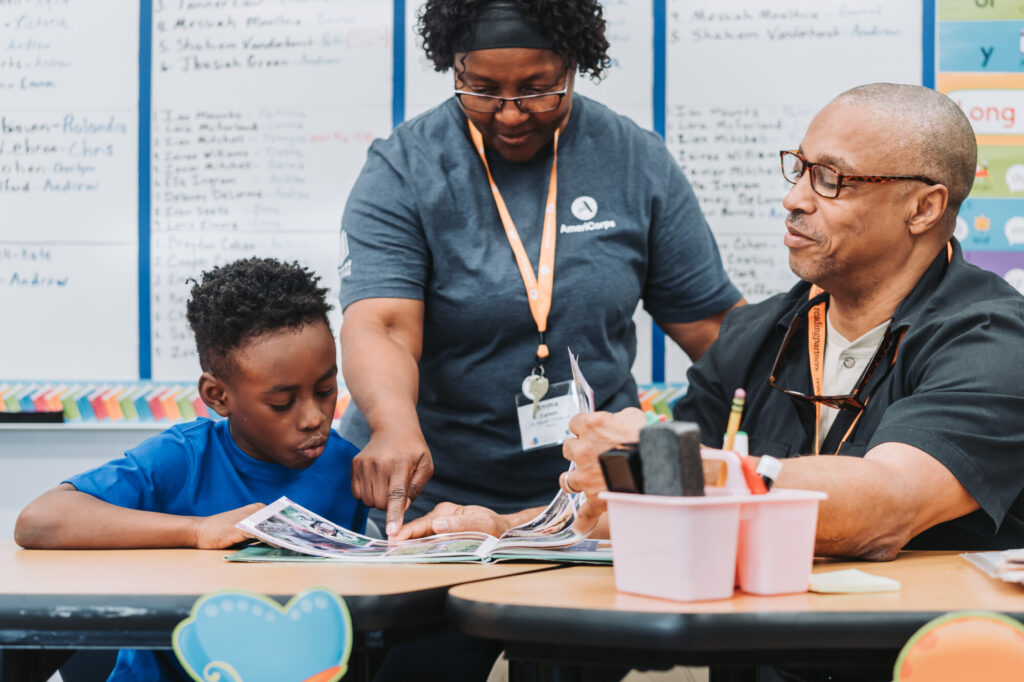Summer is here, which means most students are enjoying some fun in the sun while school is out. Although we all need a break to enjoy the outdoors, it’s also vital to keep students intellectually stimulated during vacations so they can start the school year off strong and ready to progress. Enter National Summer Learning Week.
The idea was coined by the National Summer Learning Association of Baltimore to increase awareness of the importance of a healthy, safe, and educational summer for all children. Keeping kids learning throughout the season helps prevent summer slide, which, research shows, can cause a loss of up to three months of reading skills and set students back when they return to school in the fall.
Why is it so important to read over the summer?
- Access to books during summer vacation increases reading opportunities and helps students get ready for the next school year.
- Reading throughout the summer helps students maintain (or even improve!) important literacy skills.
- Reading improves kids’ emotional intelligence and empathy—essential skills for school and beyond.
Not sure where to start? We have some suggestions for you:
- Take your kids to the library: Make regular visits to the library and let your child spend as much, or as little, time as they want to pick out books to take home.
- Make reading part of the summer routine: Discuss your kids’ interests and favorite characters and try to find a book that relates to those themes. Encourage them to spend at least one hour every day interacting with chosen books, then ask fun questions about what they read. Re-telling stories helps children develop their ability to understand language.
- Lead by example: Make reading a part of your own summer routine. Seeing someone reading frequently at home encourages that behavior in children
- Make a summer fun journal: Combine your child’s favorite summer activities with writing prompts. Encourage them to write about a trip to the pool or their favorite restaurant. Writing also unleashes creativity, as kids let their imaginations run loose by revisiting events, drafting, and even drawing about their experiences.
- Read everything, everywhere: Have kids read billboards, signs, pamphlets. If you go on a trip to a theme park, let them be responsible for the map and have them read the rules and names of rides.
Download our guide for summer reading success.
A happy, healthy, and educational summer starts at home by making reading part of your children’s lives. When you combine fun activities with learning experiences, kids stay intellectually engaged throughout the summer and more likely to start the school year off strong and motivated.
If you’re interested in learning more about the importance of summer learning, head over to National Summer Learning Week’s website or our friends at grade-level reading for more facts and statistics.





